|
Nine hundred reported nests in Brittany this year is a frightening figure, writes Stewart Gould, SBKA Vice Chair, who returned from France this week. When you see the huge swathes of trees it becomes apparent that there are lots more. Their nature dictates that they will be close to beehives, but apiculture is an industry in Brittany, with hives all over the place.
Actually seeing hornets and their nests is one of the best ways of establishing where hornets are, but it is primarily retrospective. Hornets' nests look very much like squirrel and magpie nests or mistletoe at a quick glance, but have very distinct edges, as opposed to the ragged ones of other nests and the transparency of mistletoe. Large nests in bare branched trees will only tell you where they were last year, but it is a massive clue to their presence in the area. The only real answer is to instill vigilance and a perception of what to look for and where. Correct ideas of the appearance would be good too. The NBU and BBKA will keep publishing photos of the Asian hornet (the correct one) showing it larger than the European hornet. In description, emphasis is placed on the yellow legs. That is among the last things you notice. What catches the eye is the predominantly black colour, and a marked orange patch on the abdomen. Seasonal feeding preferences should be highlighted along with suitable traps and baits. The internet is alive with videos of home made traps assembled from the likes of 2 litre water bottles, with a funnel arrangement big enough for a double-decker bus to get in and out. Monitoring live traps can be made, but once here, death traps are going to be more appropriate. The key is reliable and concise information. The winner of our most prestigious honour – the West Country Honey Farms Award – has been presented to Bridget Knutson from Cheddar at our AGM held at Wedmore on Saturday (March 10).
Judging panel chairman Milns Priscott said in his citation that she was an active member of the beekeeping community at both local and national level. “Bridget has demonstrated her ability as a beekeeper to a very high standard. She has set new bench marks for the quality of her exhibits at honey shows and has always been generous with her support to help beekeepers to extend their knowledge,” he said. She is Chair of the Wedmore and Cheddar Division, manages the visual aid library for the British Beekeepers’ Association (BBKA) and teaches and mentors on local beginners, improvers and specialist courses. “If Bridget did not exist, we would have to invent her! The quantity, quality and level of contribution to beekeeping in Somerset is outstanding, and an example to us all,” he added. Also, she is our yearbook editor and exams secretary and has passed all BBKA theory modules and practical exams putting her one step away from becoming a master beekeeper. Dr Peter Kennedy of the University of Exeter discussed progress in controlling the invasive predatory hornet, Vespa velutina nigrithorax at our AGM on Saturday (March 10).
He reviewed many of the techniques that have been employed since it first appeared in France around 2004 and showed that only identification and destruction of nests before they produce reproducing hornets is effective. The challenge is effectively finding these nests, which are often concealed high in trees, between mid-summer, when the hornets may first become evident and before October, when the colony produces the reproductive queen and drone hornets. Traditional methods of tracking such as triangulating flight lines have limitations where few hornets are around and traditional techniques such as suzemebachi, where hornets are marked with a flag and followed don’t seem to be tolerated by this species of hornet. Harmonic radar can help track hornet back to the nest, but the equipment is expensive and requires specialist operators. Dr Kennedy discussed more readily available alternatives that are much easier and cheaper to operate and discussed limitations such as signal echoes from buildings and shadowing from trees. Attendees were grateful to be able to see specimens of this exotic hornet alongside our native hornet. SBKA is actively considering how best to help members if they spot, or suspect, Asian hornets. Devon, Avon and Jersey presented action plans at the recent meeting of the South West Beekeepers' Forum which are available to read if you click here. We are keen to hear your thoughts - how would you like SBKA to support you? Please email your suggestions.
All SBKA members are invited to the AGM which takes place at 2pm on Saturday (March 10) at Wedmore Golf Club, Lascott Hill, Wedmore BS28 4QT.
Dr Pete Kennedy, part of a major Asian hornet research project, is giving the lecture. Pete, from the University of Exeter, will talk about the latest project findings which saw researchers tracking Asian hornets using radar and radio waves. Agenda: 1. Apologies for absence 2. Minutes of the 2017 AGM 3. Matters arising 4. Treasurer's report 5. Council proposal: 'That the possibility of SBKA becoming a charitable incorporated organisation is explored' 6. Election of officers 7. Election of Executive Divisional Representatives 8. Appointment of independent reviewer: Bruton Sweet 9. West Country Honey Farms Award 10. Honorary Membership - John de Winton, Somerton 11. Hosts and venue for the 2019 AGM - Quantock Division Today's beekeeping task is to move the snow away from the entrance to hives – if you can get to them! This will ensure the entrances don’t get blocked up with ice as a slow thaw may start in the daytime with temperatures dropping again at night.
With thanks to David Morris for this timely reminder. 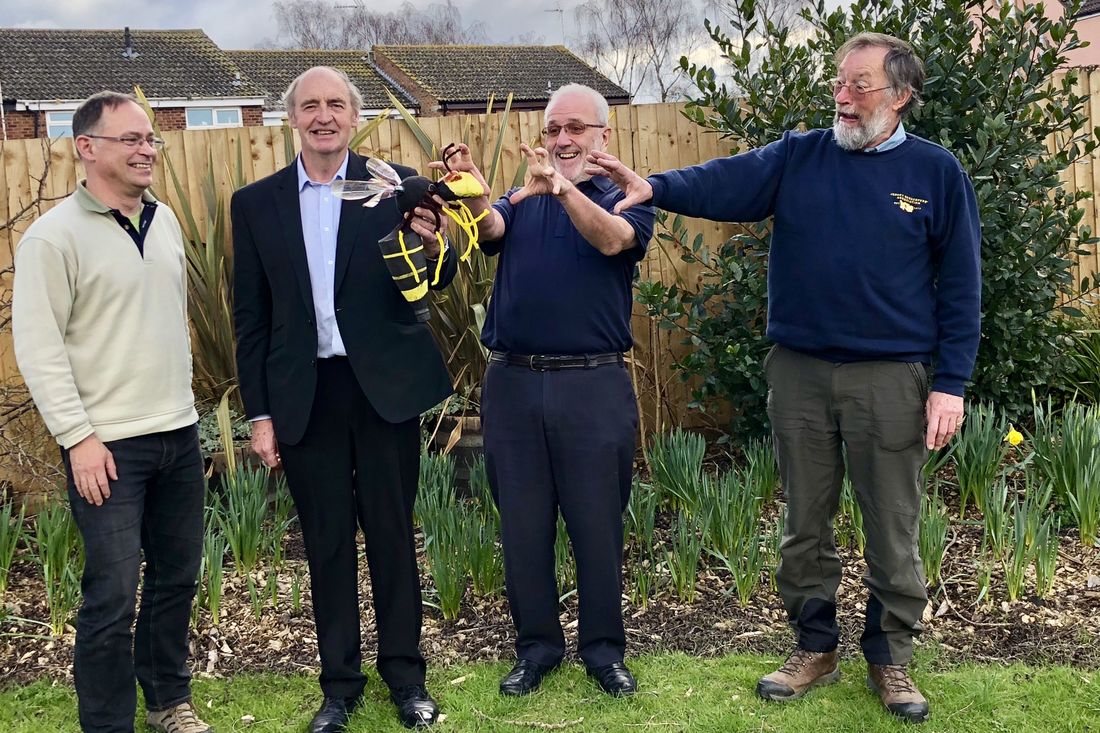 Asian hornet experts briefed the South West Beekeepers’ Forum and posed outside the venue with an outsize model of the invasive insect. Pictured are, from left to right, Dr Pete Kennedy, a research fellow at the University of Exeter; North Devon beekeeper Martyn Hocking, who discovered Asian hornets in his apiary last year; South West Beekeepers’ Forum Chairman Peter Darley; beekeeper Bob Hogge from Jersey where Asian hornets established within a year. At this week’s meeting of the South West Beekeepers’ Forum (SWBKF) the focus was firmly on the Asian hornet.
The Forum represents about 10,000 beekeepers from Avon, Cornwall, Devon, Dorset, Hampshire, Jersey, Salisbury, Somerset and Wiltshire beekeeping associations. Among the experts meeting up in Taunton were:
For more info about the meeting, click here for the press release. |
Archives
March 2024
Categories
All
|
Somerset Beekeepers Association Charity © 2021 Registered CIO Charity 1206483
Affiliated to the British Beekeepers Association
Click here to view our Privacy Policy
Affiliated to the British Beekeepers Association
Click here to view our Privacy Policy
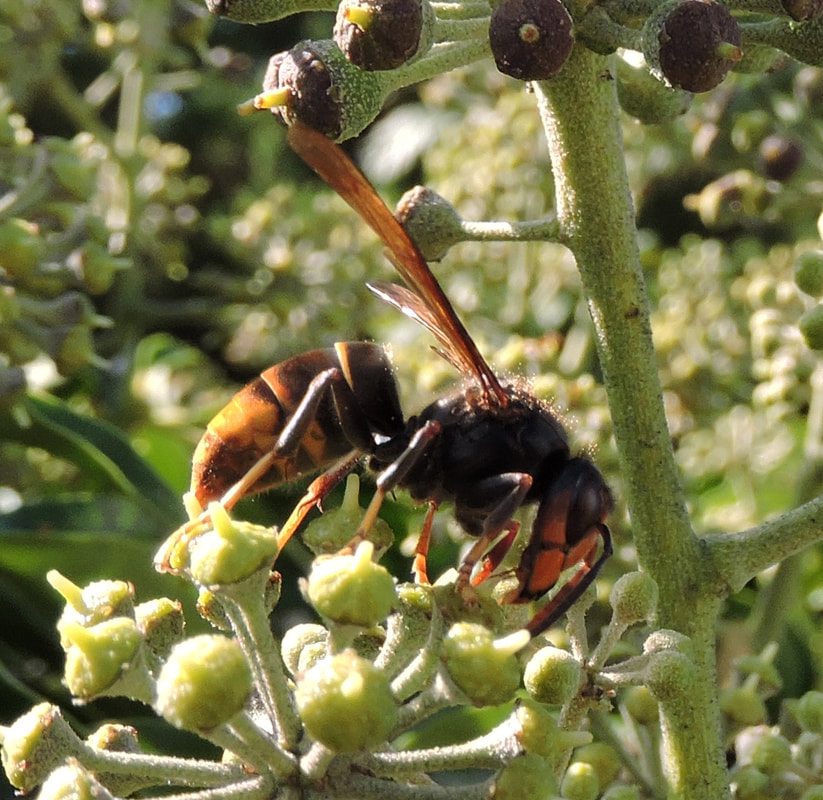
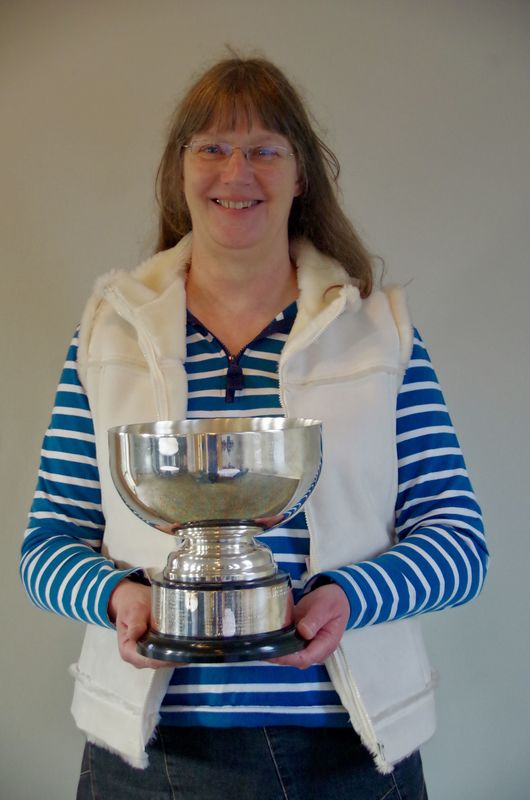
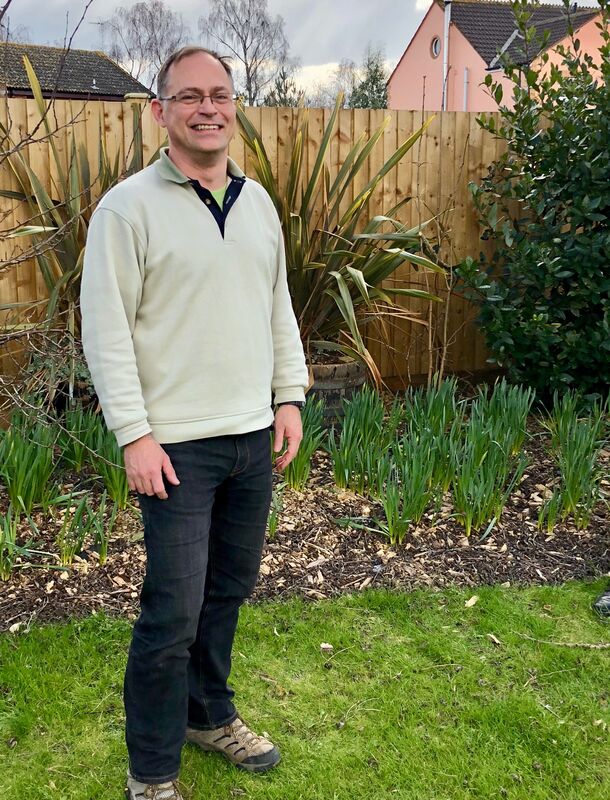
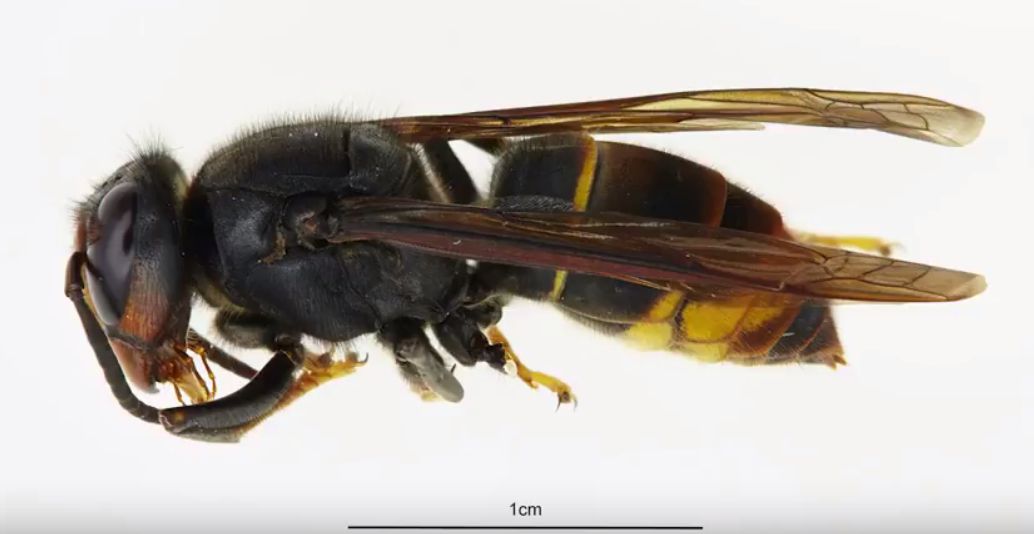
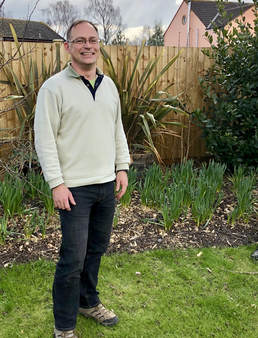
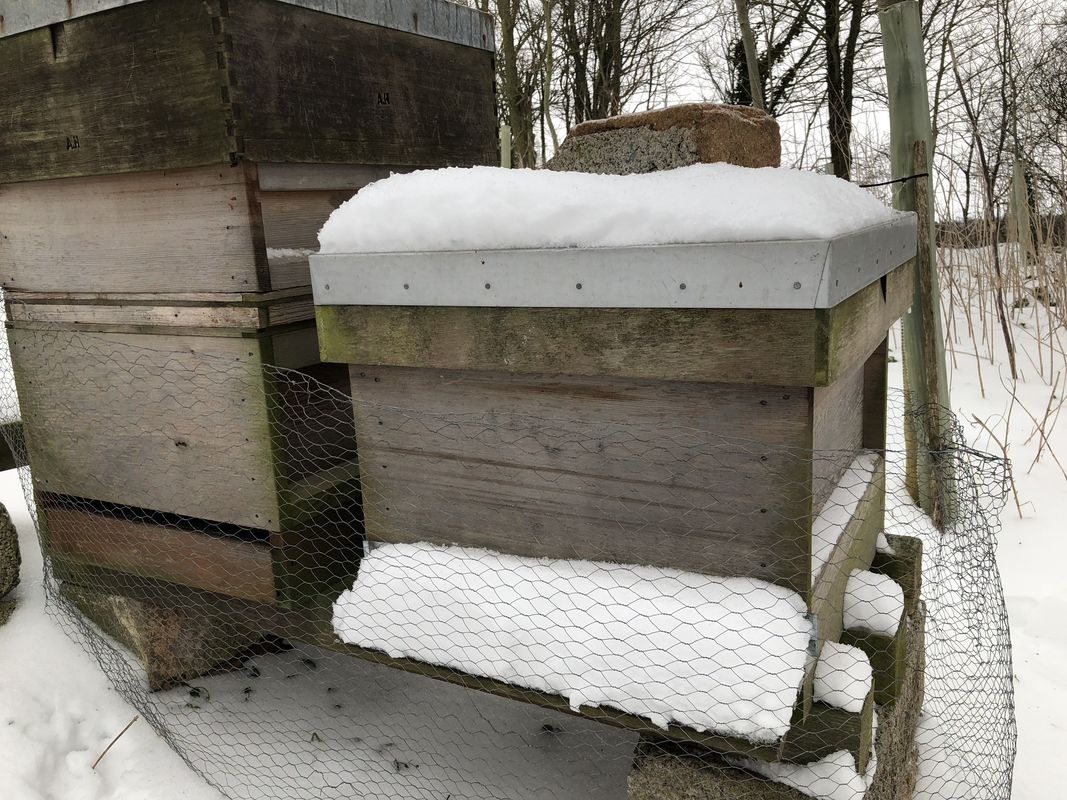
 RSS Feed
RSS Feed
